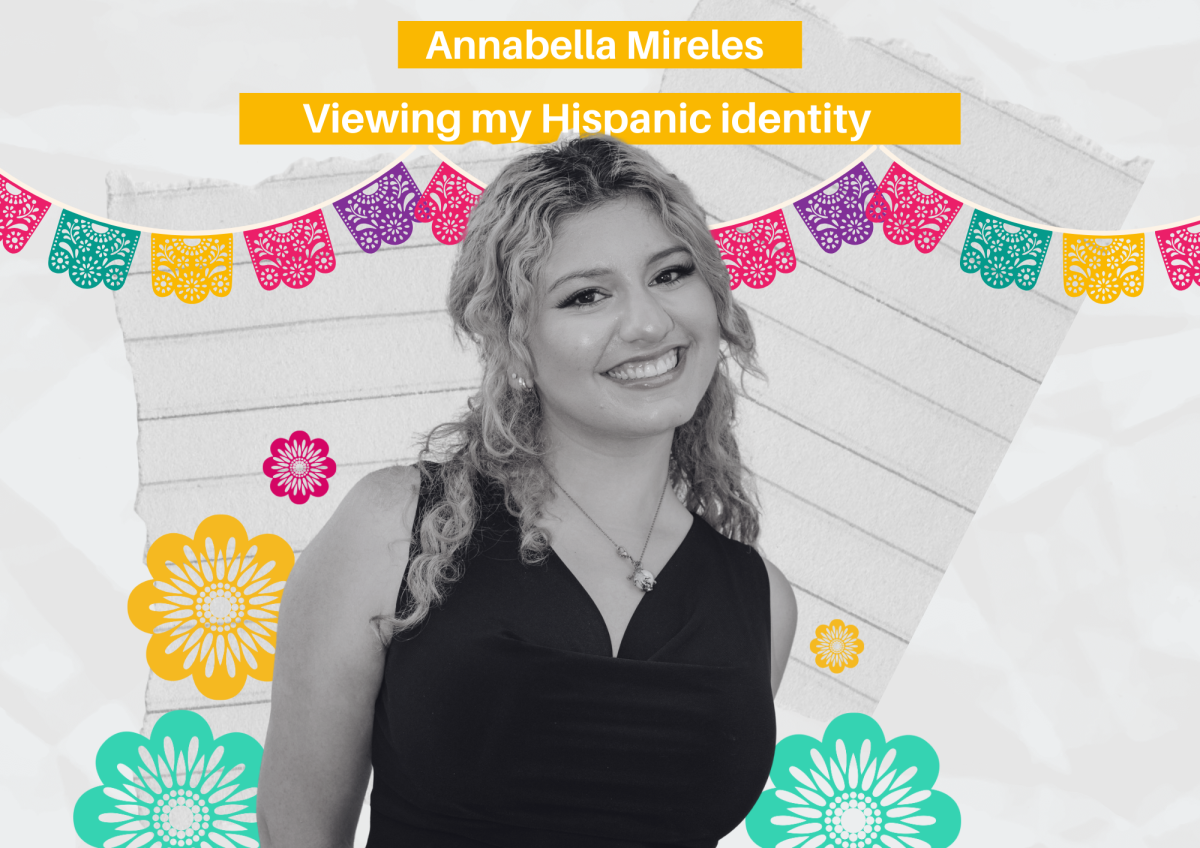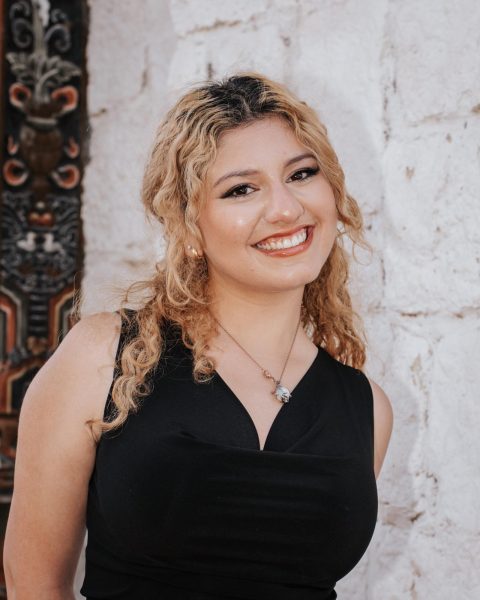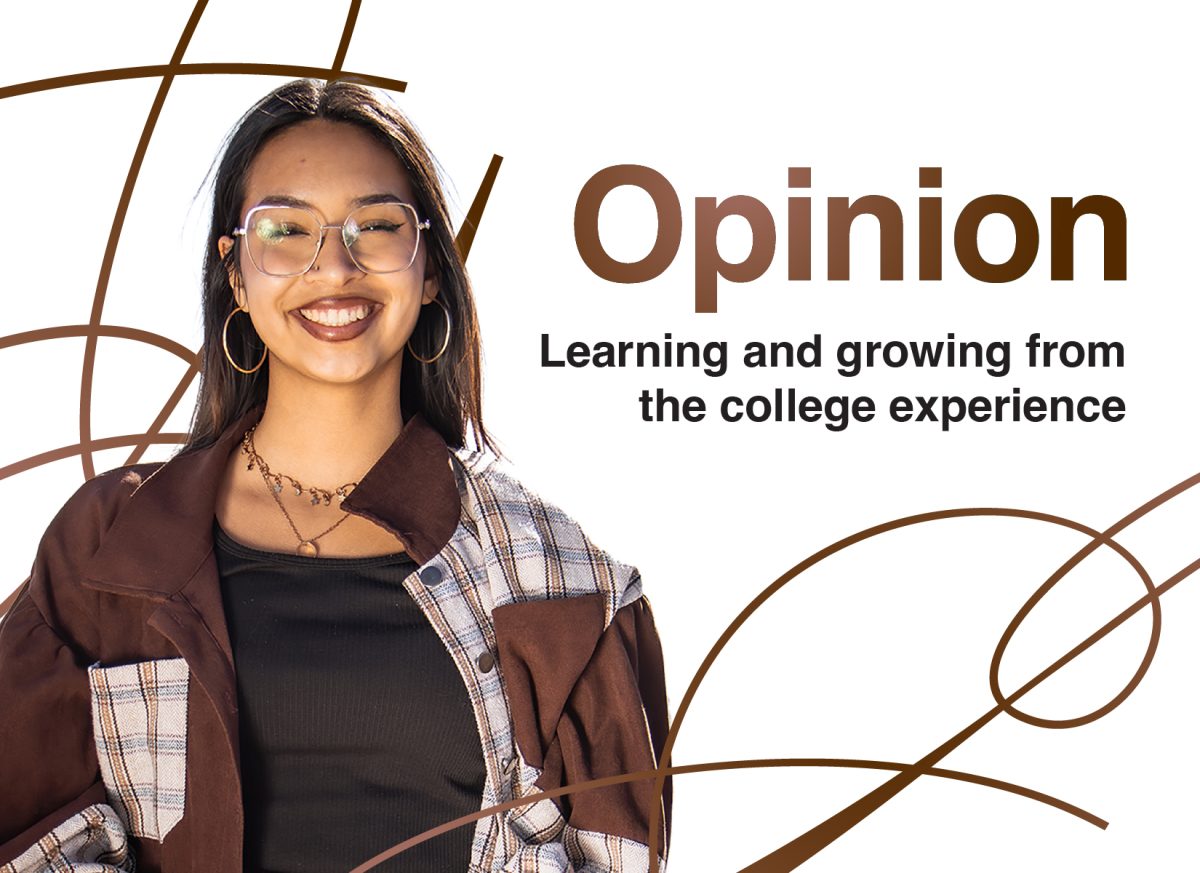During Hispanic Heritage month, many might take a moment to reflect on their own Hispanic lineage, the women and men who raised us with the notion of passing on the culture their parents passed down to them. However, as a Hispanic woman, I struggle with my own Hispanic identity.
I have family who live in Mexico, Lebanon, and the United States, yet, I feel disconnected from each one. My grandmother was a big figure in my life, a Lebanese immigrant who lived most of her life in Mexico. My grandmother also taught me all the Spanish I know. However, she passed away when I was nine and I felt like a part of me died with her. I was no longer interested in keeping up with the language because that was a part of my connection to her. Whether that was Arabic or Spanish, my tie to her felt broken.
Therefore, I did start to feel a dissonance between myself and my family. I felt like despite being Hispanic, I had a hard time identifying as Hispanic, and it wasn’t just the language barrier that made me feel this way. There have been countless times where I have been told I don’t “look the part” of someone who is Hispanic because I have lighter skin, or my features don’t align with the idea of what a Hispanic person may look like.
I felt the pressures from family to make sure I am fluent in Spanish before joining the “real world” so I can find a job. It’s been frustrating understanding Spanish but having trouble finding the words when I try to speak it. This frustration also came along with barely being able to hold conversations without struggling or forgetting the word completely. I have been told I don’t listen to the right music, or I didn’t watch the right novellas growing up. I would feel challenged when I would speak Spanish and accidentally use “la” instead of “el” and immediately feel embarrassed when I was told it was wrong by people snickering and mocking me.
I don’t think people talk about the type of isolation one can feel when living in one place and one’s heritage is another. In a way, I felt like I wasn’t good enough to be considered Hispanic or Lebanese. I feel like many people in El Paso might feel this way when living in a border city. In many cases it’s like we are too American for Mexico and too Mexican for America.
There is a pressure we all face with defining ourselves. I’ve tried my best to feel more connected by slowly becoming more fluent in both Spanish and Arabic. I have also made it a priority to learn more about my family and culture from Mexico and Lebanon to help close the gap I feel.
I wanted to write this not only for myself, but for others who feel the same and who feel a lack of connection with their roots or who have been made to feel less than others. Whether it be not being fluent in the language, or because of the color of one’s skin, what others say does not change the blood that runs through our veins. During this month, we reflect and understand that being Hispanic doesn’t have one look to it. We all have different stories and connections to our heritage that make us unique.
Annabella Mireles is the photo editor and may be reached at [email protected]; @photographybyannabella on Instagram.








